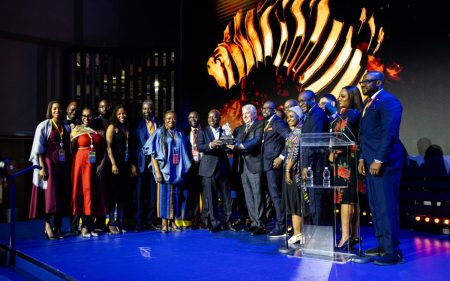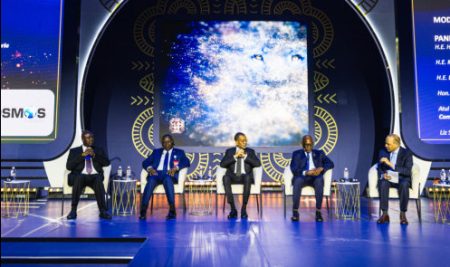
23 January 2016, Addis Ababa — Countries in order to ensure better future by eradicating poverty and social malaise, need to mobilize their finance, human resource and technology thereby achieving development. Economic growth again necessitates regional integration for tapping huge market. However, unless this effort is underpinned by sustainable energy supply, attaining the goal might be impossible.
Opening the 23rd East African Power Hub Steering Committee Meeting here yesterday, Ethiopian Electric Power (EEP) Chief Executive Eng. Azeb Asnake said that the Organization has a tradition of intensive power infrastructural development both for regional integration and the expansion of and reinforcement of the domestic network.
She further said that EEP has thus been and will continue to be an active player in the efforts of the Hub aimed at creating conducive and enabling regional environment for trade and optimal development of energy resources.
According to Eng. Azeb, since the establishment of the Hub various activities have been carried out, and among others, the development of the master plan,gap analyses tools to compare current state of the system with the requirements of the connection code and power market guide line and market rules for future.
Currently, about ten countries are members of the Hub. The regional power hub has a mandate to coordinate countries efforts in developing their energy resources such as hydro, wind, solar and geothermal. In addition it plays pivotal role not only in creating market integration through power supply among member states, but also fair exploitation of energy resources that is, when a given country seeks to construct hydro power dam assures that the project should not harm other riparian states.
Hub Secretary General Lebbi Mwendavaue Kisirtu Changullah on his part said realizing the benefits of power system inter connectivity, the Eastern Africa Region is embarking upon the development and operation of power system through bilateral arrangement.
“Once the ongoing interconnection projects in the region which are expected to be commissioned between 2017 and 2018 are achieved, plus the existing ones, power exchange would be possible between nine interconnected countries in the region.”
*Abebe Woldegiorgis – The Ethiopia Herald


